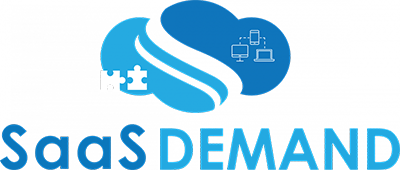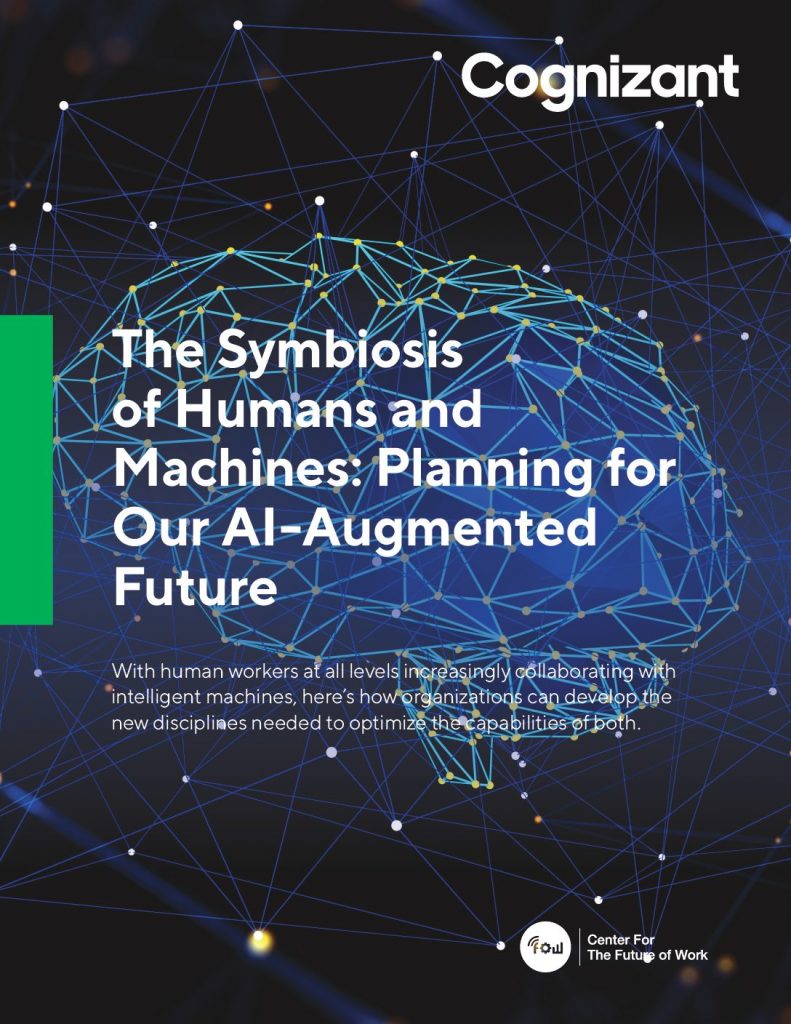Our work of tomorrow is going to look vastly different from the work we do today. Artificial intelligence (AI) is augmenting workers in certain roles, and soon this trend will expand to the vast majority of the workforce, allowing humans to do the work that matters and, in the process, vastly improving workforce productivity and effectiveness. Rather than being concerned about a jobless future, organizations are now called upon to prepare for work that’s enhanced through the collaboration of humans and machines.
Already, we’ve seen the real-world impact of intelligent systems, with faster processes, improved accuracy, and more incisive insights and predictions in the healthcare, professional services, financial services, manufacturing and legal industries. Even leadership is becoming more data-driven and rigorous through collaboration with smart machines.
Organizations are clamoring to incorporate AI into their front ends to enhance the customer experience, and into their middle and back ends to drive agility, speed and productivity. Our research indicates that the revenue impact of new technologies, including AI, is $634 billion globally.1 In addition to targeting direct cost take-out and revenue enhancement through AI, many organizations are also starting to embrace the holistic organizational improvements that can be gained through use of this technology, including improving the employee experience.
To better understand the augmented workforce, Cognizant’s Center for the Future of Work analyzed industry-leading case studies, interviewed industry experts and closely examined the extensive literature on the subject. Key insights from our research include.






